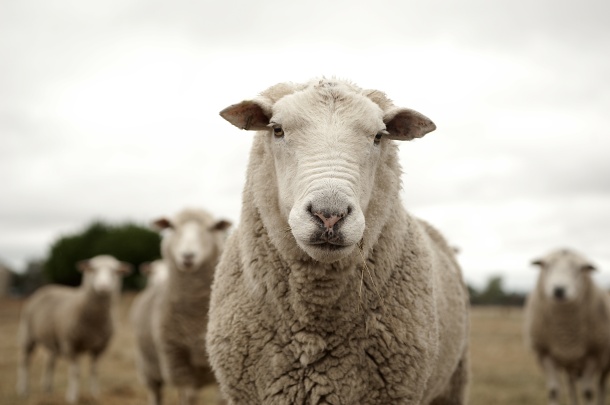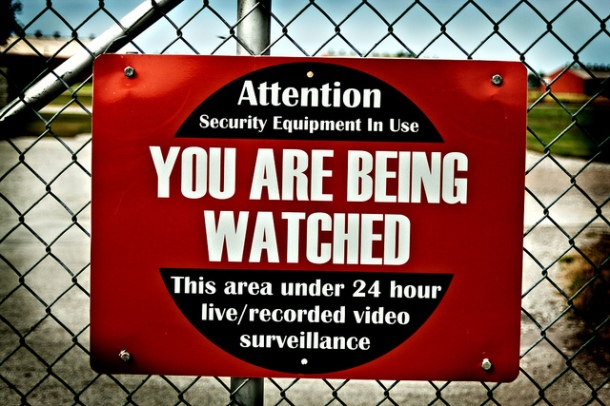“All Animals are equal, but some are more equal than others”
This book is about a farm where the animals decide they are tired of the lazy humans doing nothing but bullying them into doing all the work. You have to think that they’ve got a point.
This book bears similarities to others on this list in that it’s a commentary on the way in which ruling government’s run, and particularly the way in which dictatorships use brute force and fear to take power, and keep the regular Joe’s like Boxer, Benjamin, Clover, Miriam and all the other animals on the Farm in their place.
You could say that, given his background, George Orwell was making a comparison to the ideology of Communism, and the reality of the ruling parties in Snowball and Napoleon, the two main pigs of the story. Snowball is the driver of the rebellion and he insists on the rules, and the weekly meetings, the majority rule and the equal sharing of food. Though arguably things had begun to go bad already before he’s run off the farm by Napoleon and his mindless, vicious dogs.
What I found interesting about this novel is that there is no main protagonist, it’s a story about a whole group of animals, and certainly there are main animals, there is no one main character. I suppose there is an argument to be made for Boxer there, but I honestly don’t think any one animal is the focus of the story. This then puts the conflict and the politics right in the readers focus and fairly shoves it in your face.
I like George Orwell, I think he had a very interesting mind, he was very intelligent when it comes to politics and he had really interesting ideas and opinions that were and still are important. He also knew that the way to communicate with the masses, the way to people’s hearts is not through essays and non-fiction writing, but through fiction. His stories have endured time because they present a picture of what could be, he puts the reader directly in the situation and say’s “look here, for this is what might come if you do not exercise your rights”.
Whilst Animal Farm presents the formation of a government and the beginning of a strict Communist regime, 1984 presents the effects of that dictatorship years after it has come to the fore.
The novels have many parallels, the main focus of the ministry of truth is the keep up to date all of the present information in 1984, in Animal Farm the pigs change the tenants while the other animals aren’t around and use speeches to confuse them into believing that’s the way things have always been. The pigs take all of the good food and beds for themselves in Animal Farm, in 1984 the upper members of the Party get better food and goods than the lower members of the Party. Both the Pigs and the Party use public executions to control the population with fear and to turn them against an opposing enemy (Snowball and Goldstein) who may or may not actually be real. Animal Farm have their blind sheep who repeat one phrase that they have been taught “Four legs good, two legs bad”, in 1984 the Proles are oblivious to the goings on of the Party, and are often singing the songs that are made up for the propaganda marches.
What I love about Animal Farm is the way in which it affects you, no-one can help but understand the true meaning of the tale, and I have found that with both Animal Farm and 1984 I haven’t stopped thinking about either of them.
I would recommend this novel to everyone.
What’s next: Catch-22
Until next time Comrades,
J.M


